When crafting your success narrative, make sure the outcomes are precise and quantifiable. Customer endorsements can also increase trustworthiness and genuineness.
1. Paying Off Debt

Consolidation can help you pay off debt more quickly, simplify repayment, and save money on interest. But it's not the sole method for paying off your debts. In addition, you must deal with the underlying problems—like overspending—that resulted in your current amounts. To do this, make a strategy to change your financial behaviors and seek credit counseling from a nonprofit.
A personal loan or home equity loan backed by the assets you pledge as collateral, like your house or car, is an additional alternative for paying off your debts. But these loans are usually only available to those who can afford to pay back more each month than the minimal amount needed to pay off credit card debt. Furthermore, getting a new loan can lower your credit score, particularly if you don't make your payments on time. It's crucial to carefully consider the benefits and drawbacks of this option before making a decision.
2. Acquiring a Reduced Loan Amount
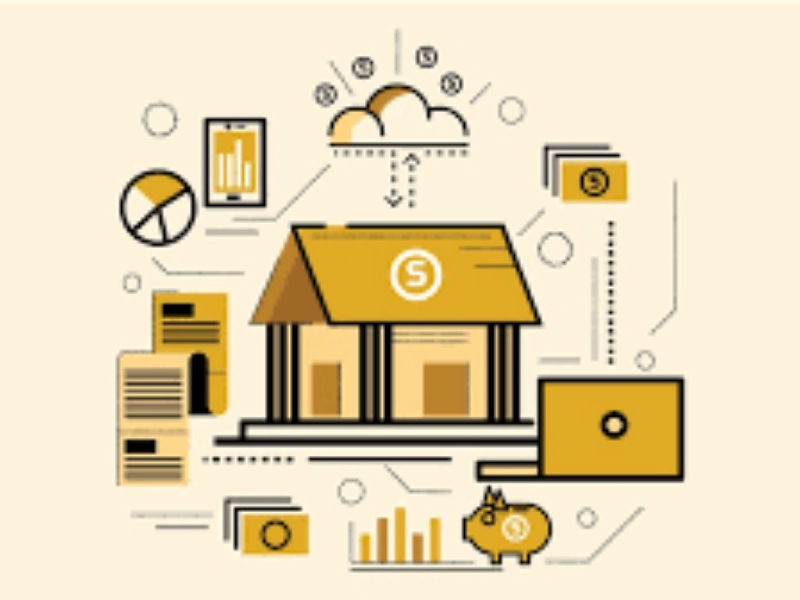
Combining several loan payments into a single monthly installment can help you save money and cut interest. Additionally, it might assist you in meeting your repayment commitments and avoiding missed payments and exorbitant late fees.
To be eligible for the best rates on a debt consolidation loan, you typically need good credit. However, there are lenders who specialize in lending to debt-ridden individuals, so even borrowers with poor credit can discover them. Additionally, you can increase the likelihood that your loan will be approved by adding a co-signer, a person with a better credit score who agrees to share repayment responsibilities for the debt.
It's critical to comprehend the terms and circumstances of your debt consolidation loan, including the total amount owed, the annual percentage rate (APR), and any associated costs, regardless of whether you select an unsecured or secured loan. To evaluate several loans that are matched to your credit profile, use a service like Experian CreditMatch. You may also visit the lender's website to find out more details about their rates and costs.
3. Acquiring an Extended-Term
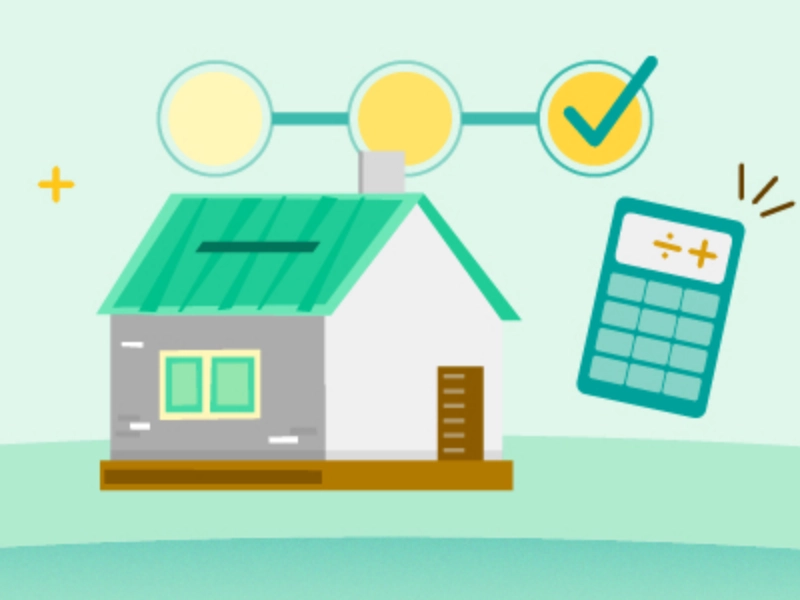
One tactic that some borrowers find useful for better debt management is debt consolidation. It can lower monthly payments, raise credit ratings, and facilitate debt repayment for borrowers. However, just like other lending options, not everyone can benefit from it.
Make sure you are aware of your credit score and total debt before applying for a debt consolidation loan. This will enable you to locate a lender that provides a loan term that suits your budget and a competitive rate.
Debt consolidation loans with interest rates lower than credit card balances are often available to customers with ordinary or superior credit. You might also be able to combine your debt with a longer credit term, depending on the lender. Generally speaking, your monthly payments will be lower the longer the loan term. But overall, this will result in higher interest payments for you. Make sure you're ready to pay off the debt you're transferring if you decide to go with a longer loan term.
4. Obtaining a Better Offer
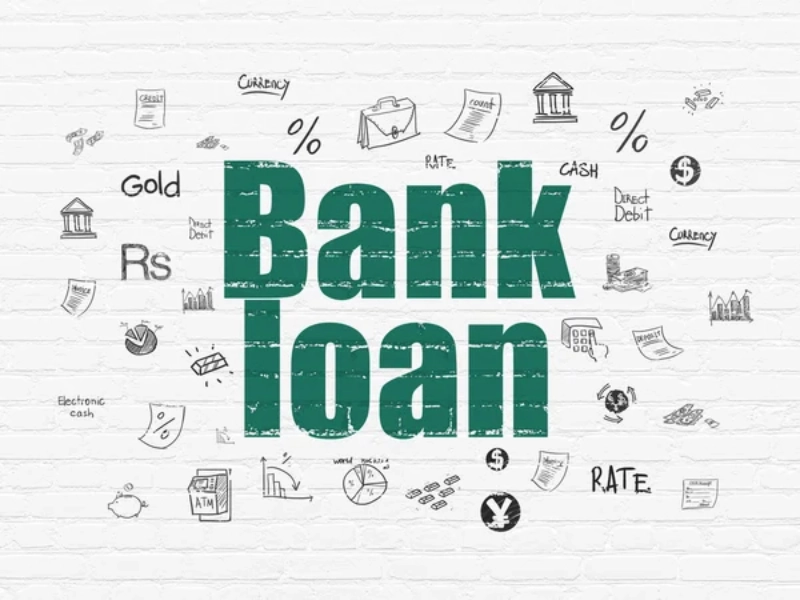
The good news is that, in contrast to credit cards, debt consolidation loans have specified payback terms and fixed interest rates. But you will pay more interest when you combine debt into an unsecured loan, like a personal loan, since the lender will be taking on greater risk without any collateral to support your debt (unlike the equity in your home or your 401(k)).
Entering into negotiations with your creditors is another strategy to lower the amount of money you pay in interest. Either you or a debt settlement firm can handle this.
Recall that while a fresh debt consolidation loan will create a hard inquiry that will temporarily lower your credit score, regular, on-time payments should gradually raise your credit score as your credit usage ratio goes down. Additionally, make sure you adhere to a budget that forgoes taking on additional debt. This will assist you in avoiding any more debt management problems. One of the finest ways to handle your money is to use a debt consolidation loan responsibly.
Recommended Reading: How to Pay for Attorney Services
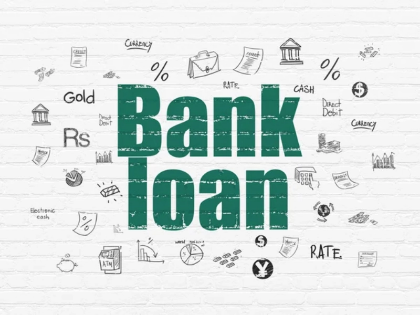


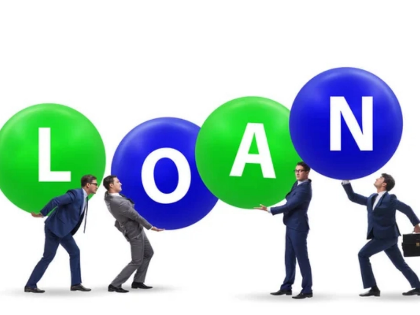
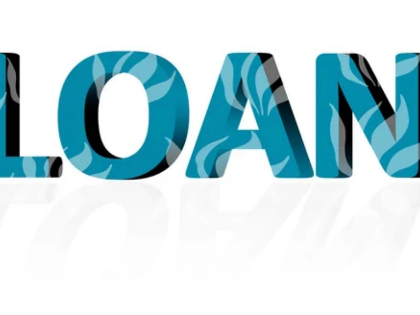



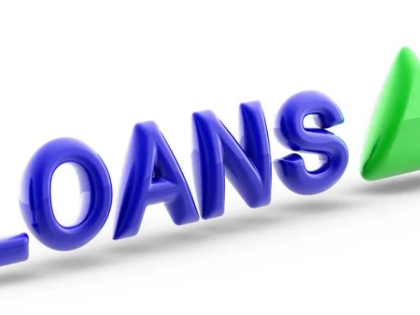

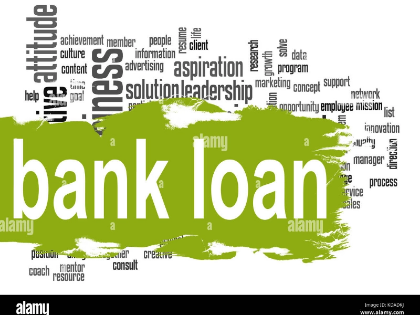


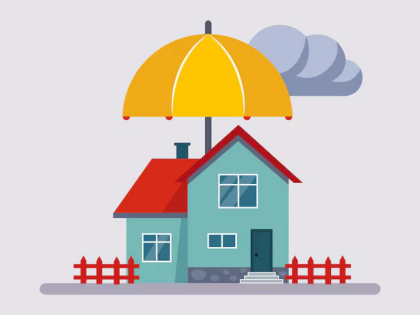










Helps surface silent assumptions.
Allows healthy experimentation loops.
Safeguards against drift inflation.